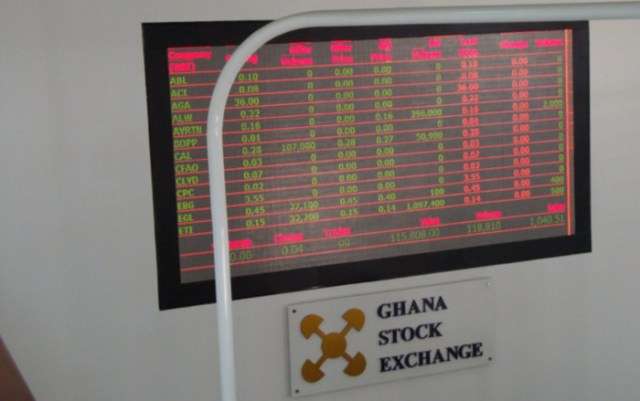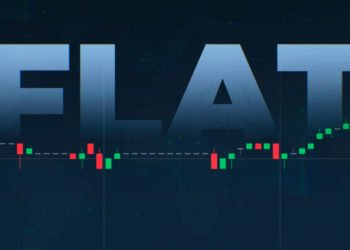The Ghana Stock Exchange (GSE) experienced a day of stagnation, with no significant gains or losses recorded among its listed equities on the penultimate trading day of the week.
This lack of movement reflects a trend where 17 GSE-listed equities participated in trading, yet none saw substantial changes in value.
As a result of this flat performance, both the benchmark GSE Composite Index (GSE-CI) and the GSE Financial Stocks Index (GSE-FSI) remained unchanged. The GSE-CI closed at 3,305.35, maintaining its opening mark, while the GSE-FSI held steady at 2,002.31 points.
Despite the lack of movement on this particular day, it’s essential to analyze the broader trends within the Ghanaian stock market. Over the past week, the GSE-CI has seen a gain of 2.79%, indicating some positive momentum in the market. Similarly, the GSE-FSI has experienced a slight increase of 0.42% over the week. Looking at a longer timeframe, both indices have shown consistent growth, with 4-week gains of 4.02% for the GSE-CI and 4.82% for the GSE-FSI.
Furthermore, the year-to-date gains stand at 5.59% for the GSE-CI and 5.3% for the GSE-FSI, demonstrating overall positive performance in the Ghanaian stock market since the beginning of the year.
For investors, a day of flat trading may seem uneventful, but it’s crucial to interpret such periods within the context of broader market trends. While individual stock prices may not have fluctuated significantly, the steady performance of the indices indicates stability and potential growth opportunities in the Ghanaian market.
Additionally, this flat trading day could serve as a reminder for investors to diversify their portfolios and consider long-term investment strategies. Rather than focusing solely on daily fluctuations, investors should assess the overall health of the market and make informed decisions based on comprehensive research and analysis.
While the Ghana Stock Exchange may have traded flat on this particular day, the underlying trends suggest a positive outlook for investors. By staying informed and adopting a strategic approach to investment, individuals can navigate market fluctuations and capitalize on opportunities for growth in the Ghanaian stock market.
Surge in Trading Volume
At the close of the trading session on the Ghana Stock Exchange (GSE), an impressive total of 729,142 shares changed hands, amounting to a market value of GHS 1,090,884.20.
This surge in trading activity marks a significant improvement compared to the previous trading day, with data indicating a remarkable 983% increase in volume.
Leading the pack in terms of trading volume was MTN Ghana, with a substantial 674,301 shares traded. Following closely behind were Republic Bank Ghana (34,030 shares), Ecobank Transnational (11,269 shares), and Standard Chartered Bank (4,218 shares).
This surge in trading activity reflects a heightened level of investor participation and interest in the Ghanaian stock market. Investors seem eager to engage in trading activities, potentially driven by a variety of factors such as market developments, economic indicators, and company-specific news.
Furthermore, the current market capitalization of the Ghana Stock Exchange stands at an impressive GHS 76 billion, indicating the overall value of listed companies on the exchange. This robust market capitalization highlights the significance of the Ghanaian stock market within the sub region.
While increased trading volume can signal market opportunities, it also presents risks and challenges that investors must navigate effectively. Conducting thorough research, staying abreast of market developments, and diversifying investment portfolios are key strategies for success in the dynamic world of stock trading.
With no gainers or losers recorded, the market remained stable, reflecting a balanced trading environment. As the GSE continues to play a crucial role in the Ghanaian economy, investors can look forward to potential growth opportunities and continued market resilience in the days ahead.
READ ALSO: Missing Perspectives of Women in News





















